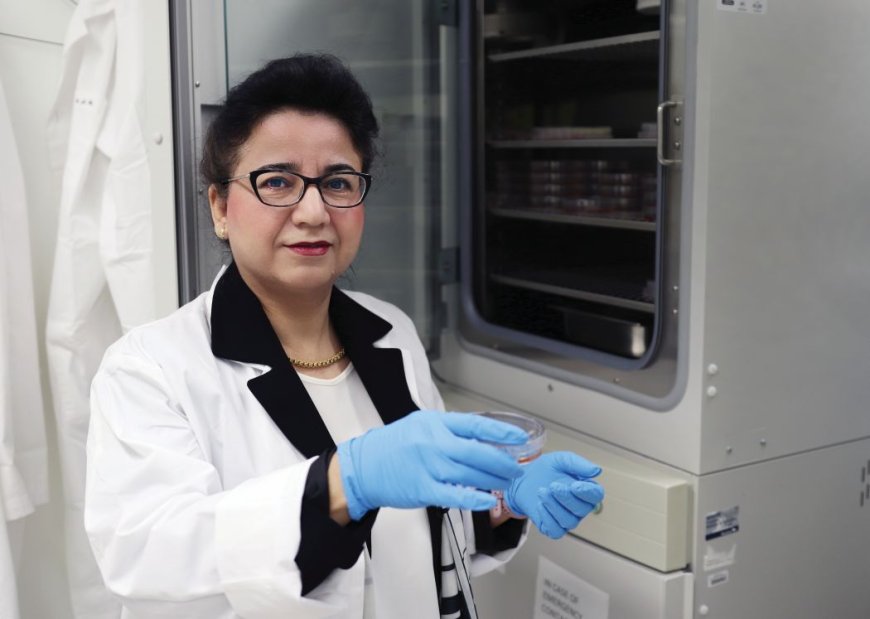Understanding Rett Syndrome Research: A Story of Hope
Dr. Mojgan Rastegar's journey in studying Rett syndrome and founding the Human Rett Syndrome Brain Bio-Repository Laboratory at UM is a beacon of hope for families affected by this rare neurodevelopmental disorder. Through her dedication, she aims to unravel the mysteries of Rett syndrome and provide support to patients and their parents.

More than a decade ago, Dr. Mojgan Rastegar delivered a keynote address at a meeting in Ontario focused on Rett syndrome, a rare neurodevelopmental disorder. Dr. Rastegar, a professor of biochemistry and medical genetics at the Max Rady College of Medicine, has been a prominent researcher in the field of Rett syndrome. Her team had been studying the syndrome in transgenic mice for over five years to understand its molecular and cellular aspects.
Rett syndrome is a rare disorder caused by a random genetic mutation, affecting one in 10,000 births, predominantly in girls. Symptoms usually appear between six to 18 months of age and include intellectual disability, loss of speech, and seizures, requiring lifelong care.
After giving the talk in Ontario, Dr. Rastegar received a call from a mother whose 12-year-old daughter with Rett syndrome was in the hospital and not expected to live much longer. The mother wanted to donate her daughter's brain for research, leading Dr. Rastegar to establish the Human Rett Syndrome Brain Bio-Repository Laboratory at UM in 2019.
The lab, supported by the Ontario Rett Syndrome Association, allows Canadian families to donate post-mortem brain tissues for study. Dr. Rastegar, the principal investigator, continues to investigate the molecular mechanisms of neurodevelopmental disorders, focusing on Rett syndrome.
Dr. Rastegar's research involves studying the MECP2 gene mutation associated with Rett syndrome and other neurodevelopmental disorders. Her lab is at the forefront of analyzing post-mortem brain tissues to understand the condition better. They are also testing drugs in mice to target abnormalities shared with humans affected by Rett syndrome.
Dr. Rastegar's dedication to this research has connected her with parents of children with Rett syndrome, who provide valuable insights and support. The selfless act of donating brain tissues for research aims to benefit future generations of Rett syndrome patients.
According to the source: UM Today News.
What's Your Reaction?
 Like
0
Like
0
 Dislike
0
Dislike
0
 Love
0
Love
0
 Funny
0
Funny
0
 Angry
0
Angry
0
 Sad
0
Sad
0
 Wow
0
Wow
0


























































































































































































